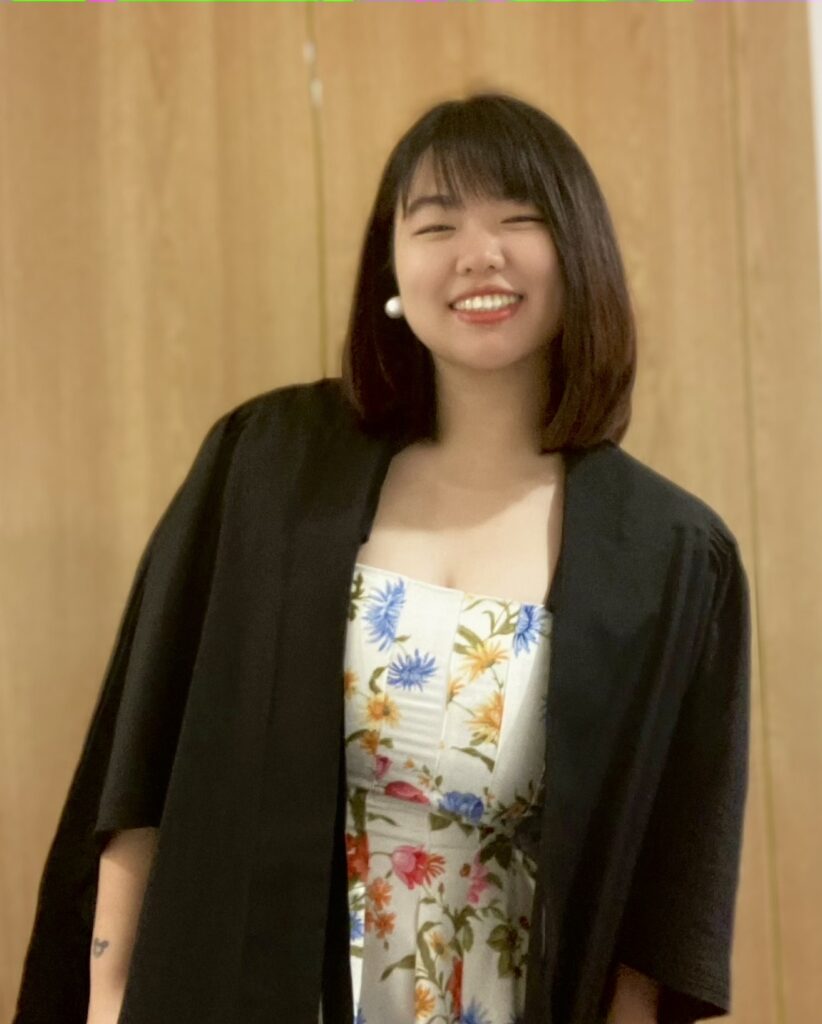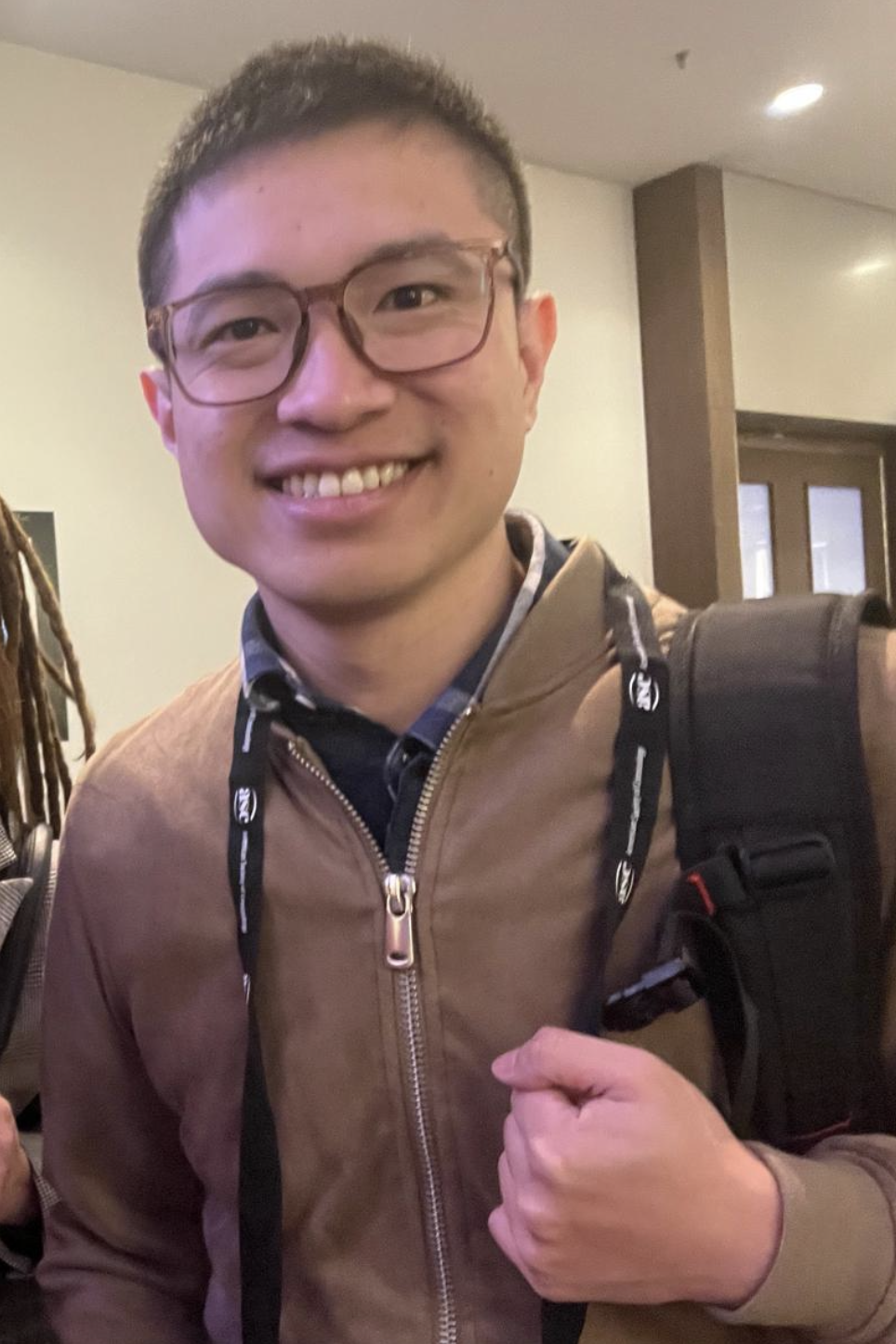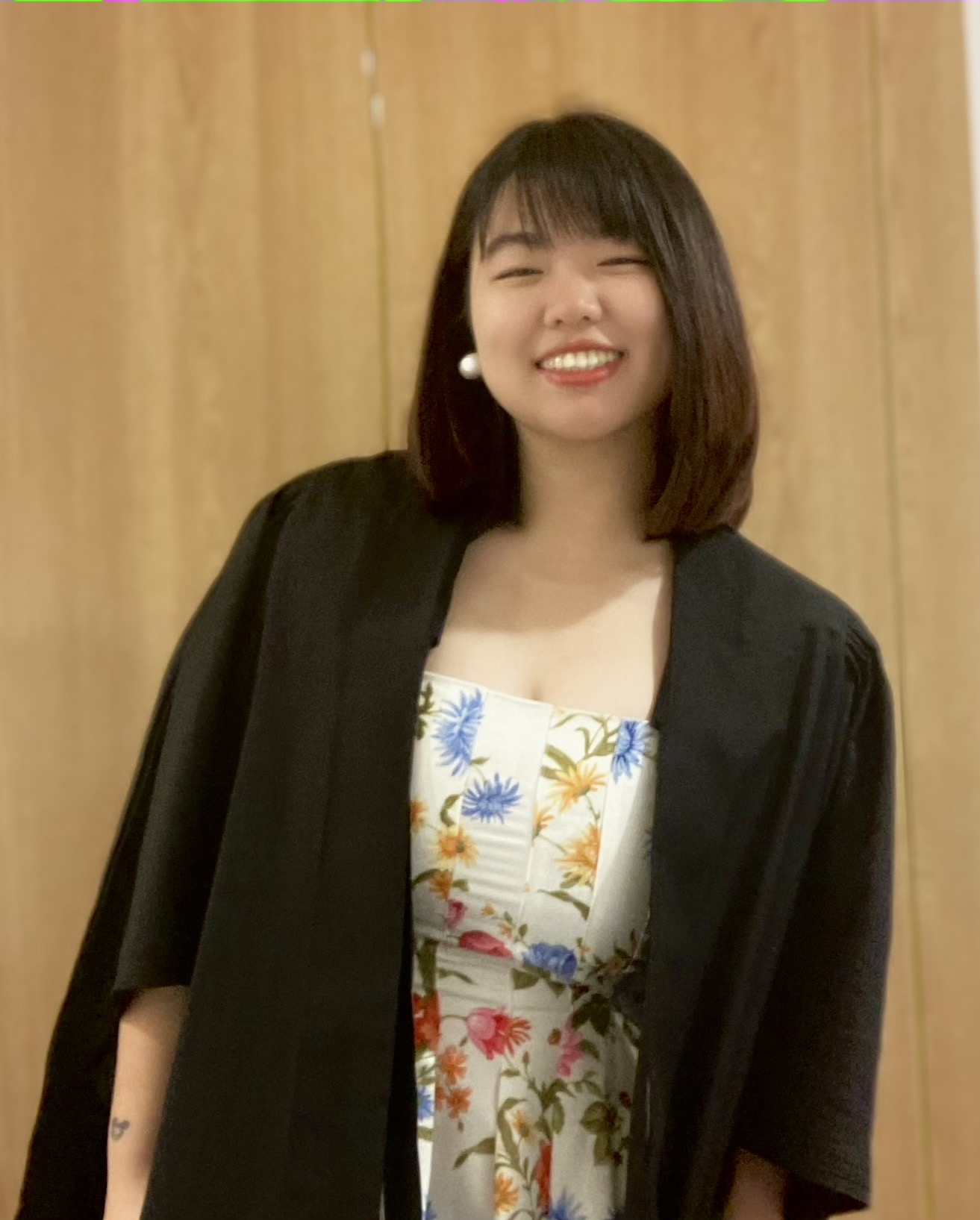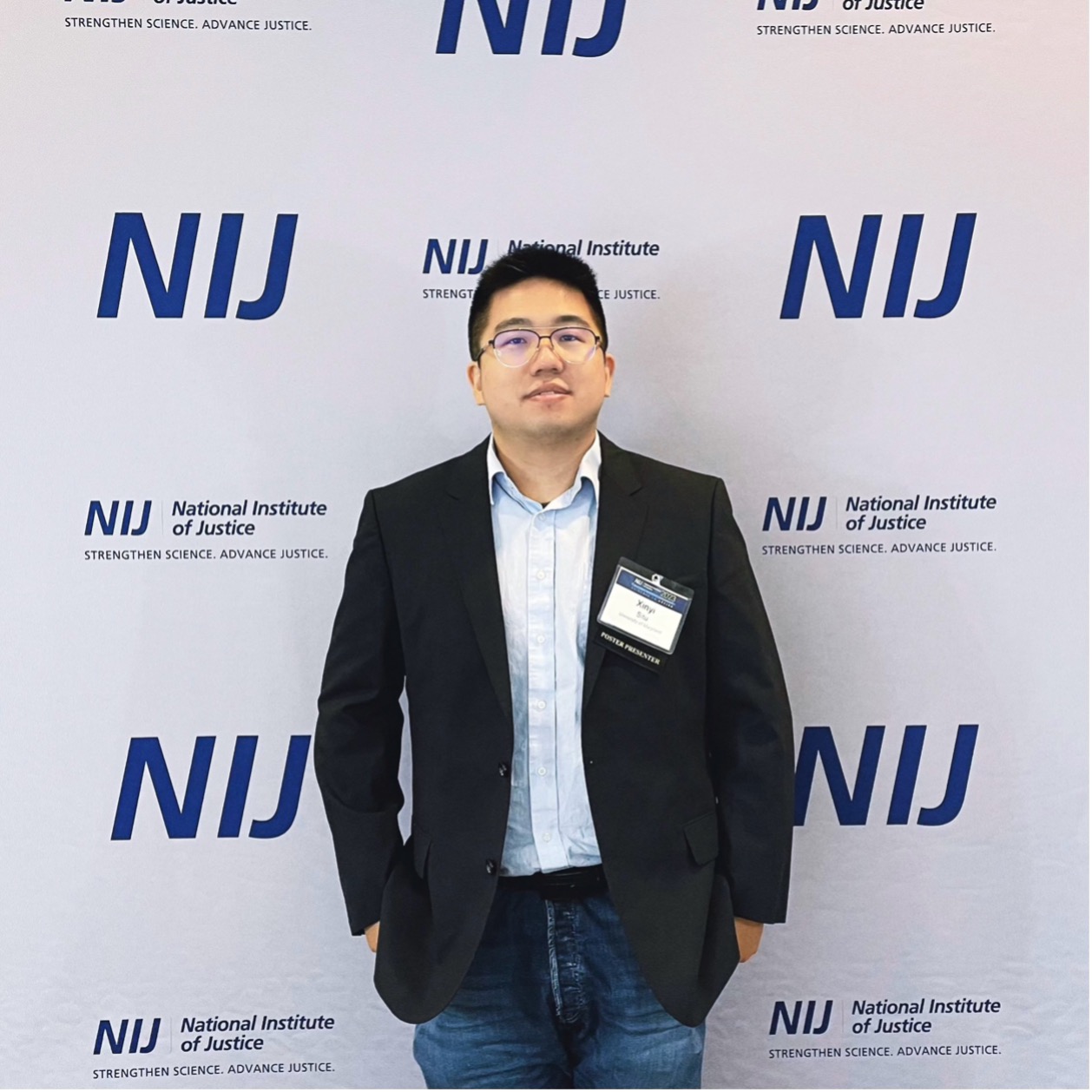Awards Recipients Highlight
ACCCJ Awards
ACCCJ recognizes superior academic and professional achievement and grants a number of awards to both full members and student members on an annual basis. Check out the full awards list below.
ACCCJ Outstanding Paper Award
Education Fever and Adolescent Deviance in China
by Wan Huang (East China University of Science and Technology), Xiaojin Chen (Tulane University), and Yuning Wu (Wayne State University)
Wan Huang, PhD, an Assistant Professor at the School of Social and Public Administration, East China University of Science and Technology. She conducts research on crime/deviance, victimization, and mental health to understand the human condition in the process of migration, family formation, and mediatization.
Student Travel Awards 2024 Recipient
Shujing Shi
University of Cambridge
Shujing Shi is a PhD candidate at the Instituteof Criminology, University of Cambridge. She holds an M.Sc. in Criminology fromthe University of Pennsylvania and a B.A. in Criminology from DurhamUniversity. Her PhD research focuses on organised crime and drug markets, withan emphasis on the group dynamics and operational mechanisms of organised drugtrafficking networks. In addition, her broader academic interests include drugpolicy, evidence-based policing and community corrections.

Student Travel Awards 2024 Recipient
Kehui Wu
University of Macau
Kehui Wu is a PhD candidate in the Department of Sociology at the University ofMacau.
Hermajor research interests include juvenile delinquency, peer victimization,substance abuse, and gender inequality. Grounded in social-ecological theory,her dissertation examines the time-varying and reciprocal influences of socialfactors on delinquency and depression from pre-adolescence to young adulthood.

Student Travel Awards 2024 Recipient
Chia-Hung Lin
Sam Houston State University
Ivan Sun Outstanding Young Scholar Research Award

Dr. Kai Lin
University of Technology Sydney
Dr. Kai Lin received his Ph.D. from the Department of Sociology and Criminal Justice at the University of Delaware in 2018, and is currently Lecturer in Criminology at the University of Technology Sydney in Australia. Dr. Lin conducts research on multiple criminological areas, including the social and cultural etiology of interpersonal violence, policing policy and practice, and international and comparative criminology and criminal justice. More recently, his research has been focused on the cyber domain, examining issues such as cyber violence and image-based abuse facilitated by emerging Artificial Intelligence (AI) technology. His research focuses on offending and victimization (from homicide and intimate partner violence to juvenile delinquency) among the general population in Australia, the US as well as China, as well as in vulnerable populations such as young people, the LGBTIQ+ (i.e., queer criminology and victimology) as well as people from culturally and linguistically diverse backgrounds. His scholarly publications have appeared in peer-reviewed journals such as Crime & Delinquency, Asian Journal of Criminology, Criminology & Criminal Justice, Journal of School Violence, Journal of Interpersonal Violence, Policing & Society etc.
Meet the Donor
We want to recognize and express our gratitude toward our generous donor, Dr. Ivan Sun, University of Delaware, for contributing to our mission and supporting junior scholars in the field of Chinese Criminology and Criminal Justice.
Hong Lu Outstanding Student Service Award

Shujing Shi
University of Cambridge
Shujing Shi is a PhD candidate at the Instituteof Criminology, University of Cambridge. She holds an M.Sc. in Criminology fromthe University of Pennsylvania and a B.A. in Criminology from DurhamUniversity. Her PhD research focuses on organised crime and drug markets, withan emphasis on the group dynamics and operational mechanisms of organised drugtrafficking networks. In addition, her broader academic interests include drugpolicy, evidence-based policing and community corrections.

Xinyi Situ
University of Maryland
Xinyi (Sammy) Situ has served on the ACCCJ Election Committee from 2021 to 2023.
Xinyi (Sammy) Situ is a doctoral candidate in the Department of Criminology and Criminal Justice at the University of Maryland, College Park. His research interests include urban mobility, neighborhood and policing, race/ethnicity, and juvenile delinquency.
Meet the Donor
We want to recognize and express our gratitude toward our generous donor, Dr. Hong Lu, University of Nevada, Las Vegas, for contributing to our mission and recognizing students’ leadership and service to ACCCJ.
Get Involved!
© 2017, THE ASSOCIATION OF CHINESE CRIMONOLOGY AND CRIMINAL JUSTICE.
